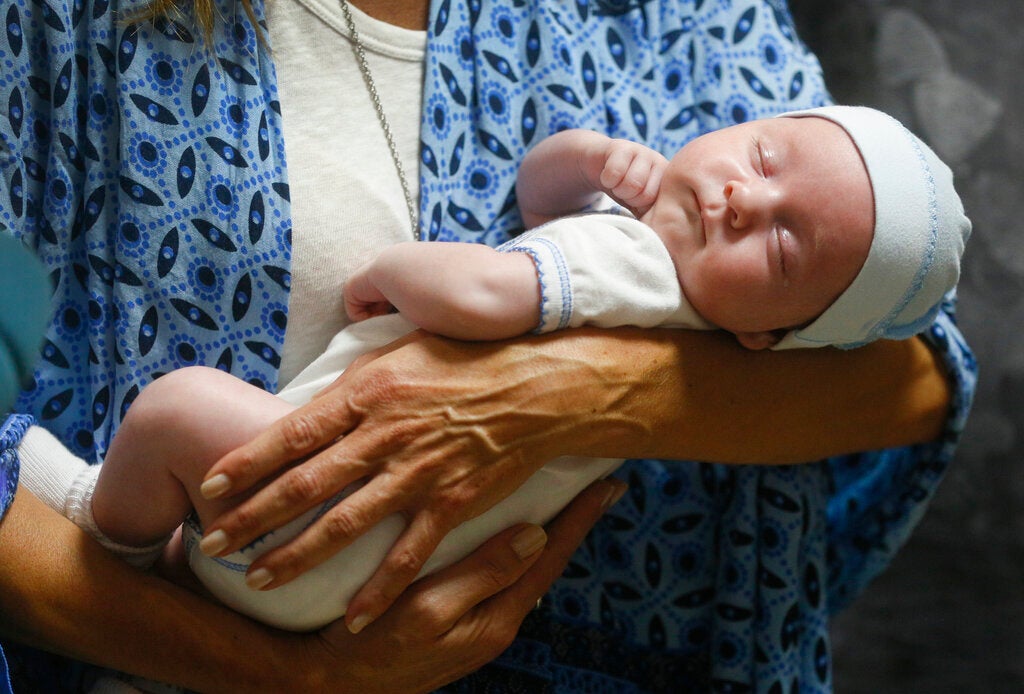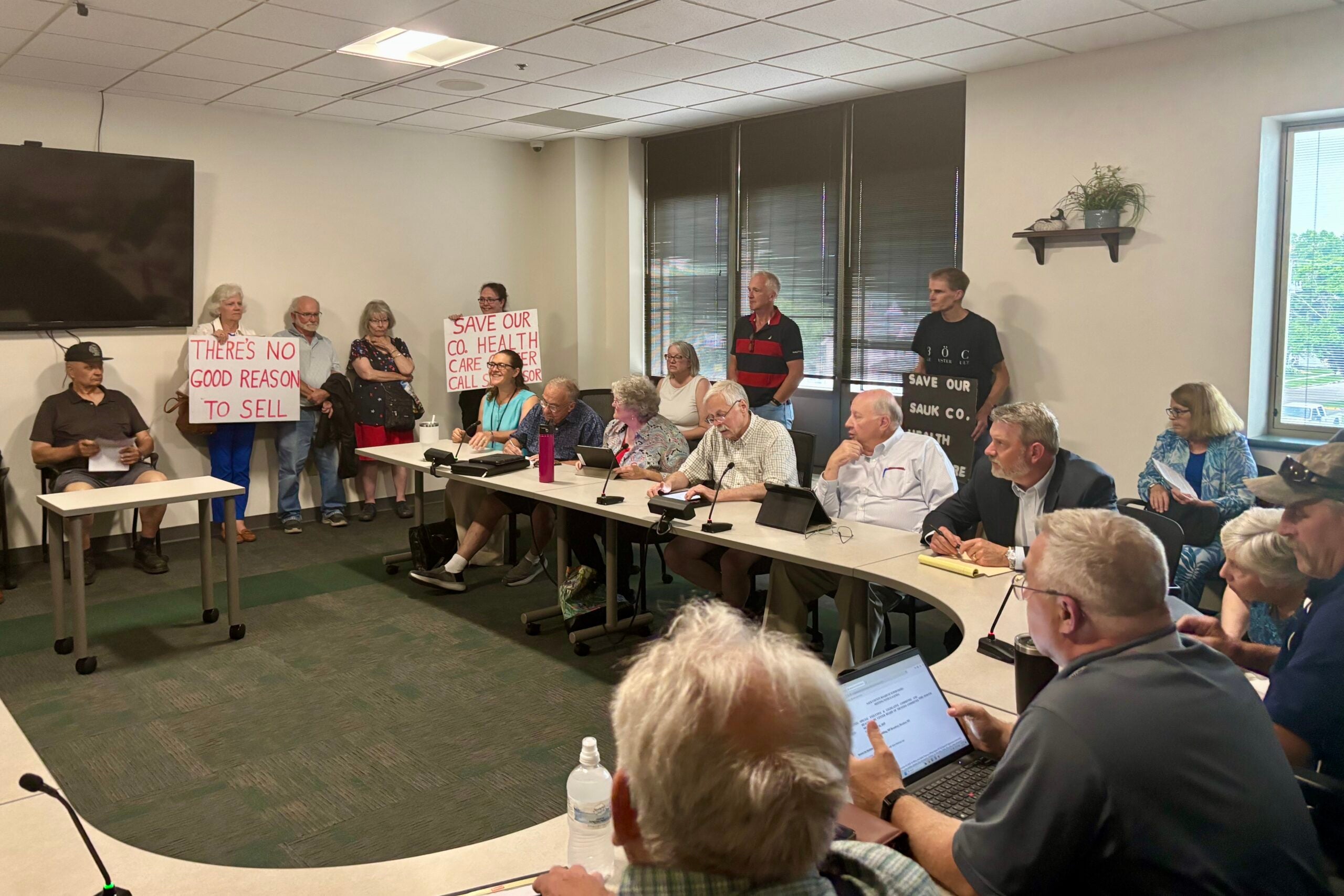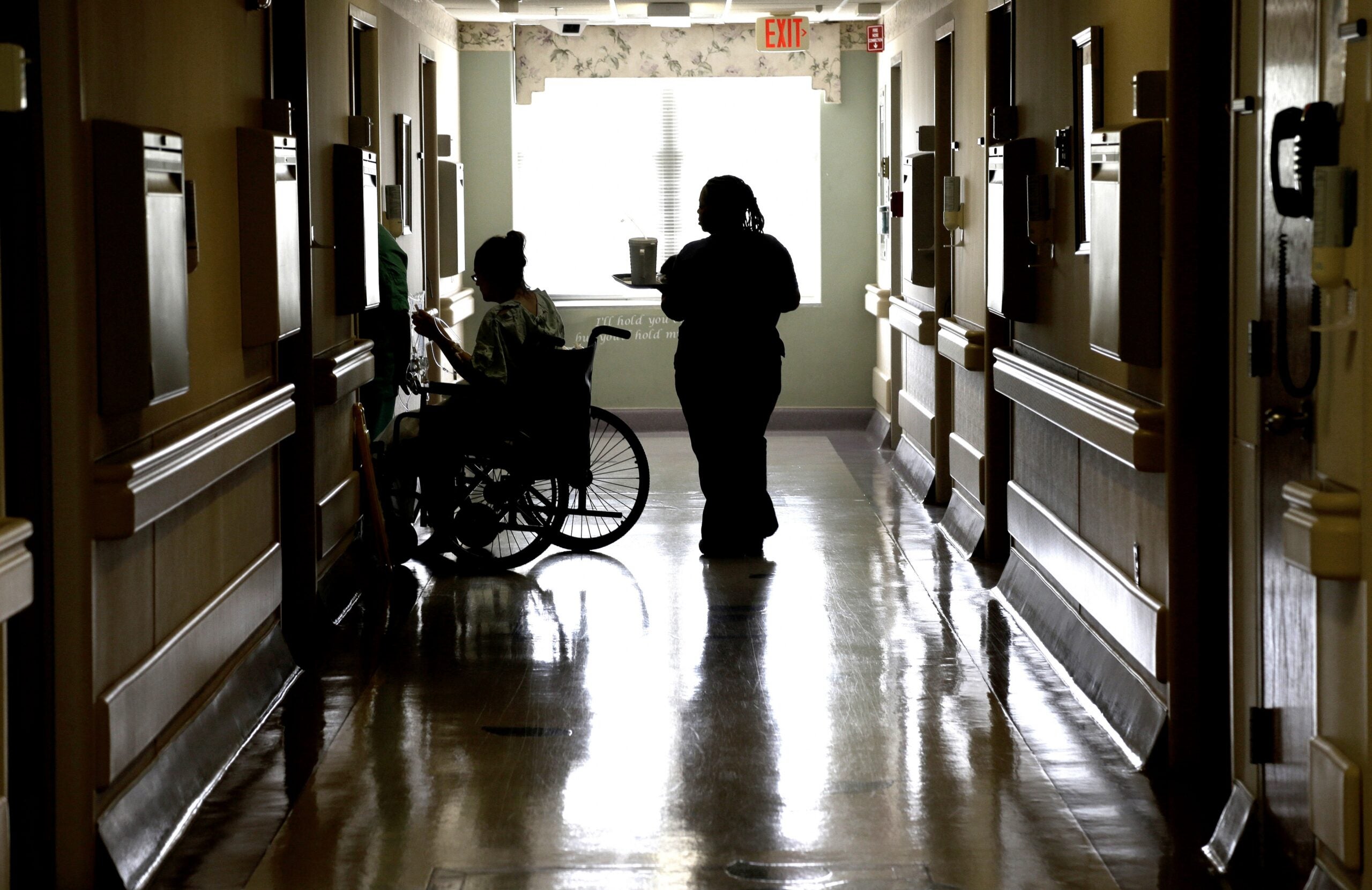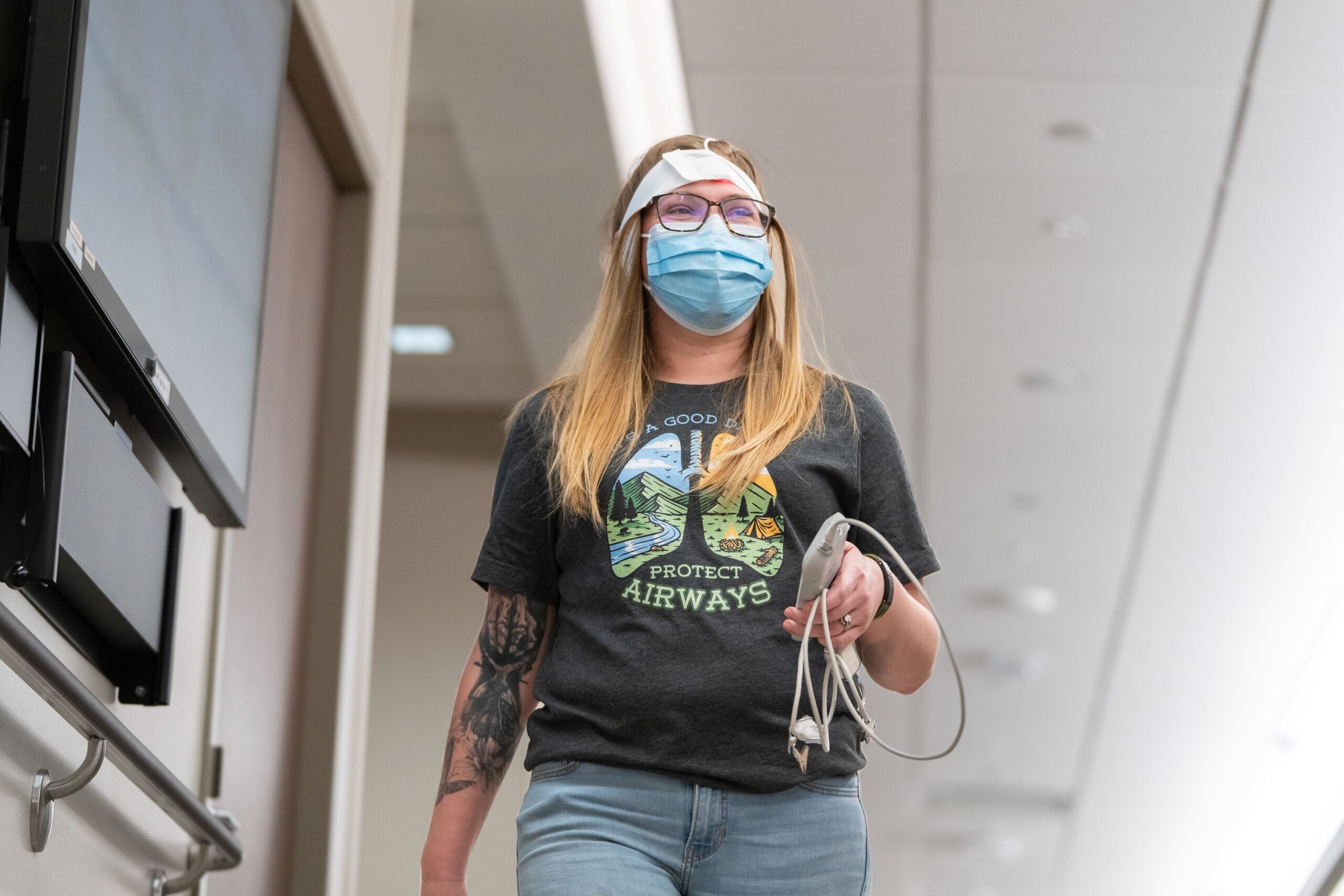Milwaukee County is sunsetting a program that requires unwed fathers to repay Medicaid for a portion of childbirth costs for their children.
The Milwaukee County Board of Supervisors voted in November to discontinue the Birth Cost Recovery program. That decision came in the wake of the Dane County Board of Supervisors similarly voting to stop collections in 2020.
In cases where a mother is covered by Medicaid, or BadgerCare, and is unmarried to the father, child support agencies may use court orders to get fathers to repay a portion of costs. The agencies can keep 15 percent of those proceeds, which incentivizes them to continue seeking repayments. The rest of the money goes to Medicaid.
News with a little more humanity
WPR’s “Wisconsin Today” newsletter keeps you connected to the state you love without feeling overwhelmed. No paywall. No agenda. No corporate filter.
Pursuing childbirth costs covered by Medicaid is optional for counties under state law.
Milwaukee County has historically been a national leader in these forms of collections, according to ABC for Health, a Madison-based public interest law firm. The county collected more than $69 million in recent decades from parents, or about 65 percent of total collections in the state.
ABC for Health is a longtime opponent of the collections, citing concerns the practice puts families in danger by interfering with pre- and postnatal care. If mothers refuse to identify fathers for collection purposes, mothers may lose Medicaid coverage two months after childbirth.
“That ends up having bad maternal health outcomes,” said Brynne McBride, the chief operating officer for ABC for Health. “It has bad infant mortality and infant health outcomes because of the risk of jeopardizing prenatal care and a good start to this baby’s life.”
McBride recently joined WPR’s “The Morning Show” to discuss how some counties use the Birth Cost Recovery program.
Most of Wisconsin’s neighboring states opt out of the collections, McBride said. Black women and Indigenous women are disproportionately affected by the program, she said.
Counties may intercept tax relief, unemployment checks or other government payments to secure collections from fathers. McBride said Dane County adopted that strategy during the first year of the COVID-19 pandemic when Americans received stimulus checks from the federal government.
“That’s what caught our eye,” McBride said. “We just assumed in 2020 we would see collections actions dramatically drop. And we were just floored when we saw that it doubled.”
Though Milwaukee County voted in November to sunset its collection program, McBride said the county may still pursue previously opened cases. That happened after Dane County removed its program, she said.
“They still aggressively pursued collection on those,” McBride said. “It felt a little disingenuous, saying it’s a discriminatory policy moving forward. But we’re still going to collect on the discriminatory policy that was moving backwards in time.”
McBride said ABC for Health will monitor how Milwaukee County responds.
“This needs to move quickly,” McBride said. “The first round of intercepts (in Dane County) happened at tax time. There’s going to be another 2024 round of government intercepts here.”
Wisconsin Public Radio, © Copyright 2025, Board of Regents of the University of Wisconsin System and Wisconsin Educational Communications Board.







